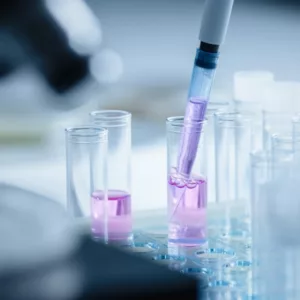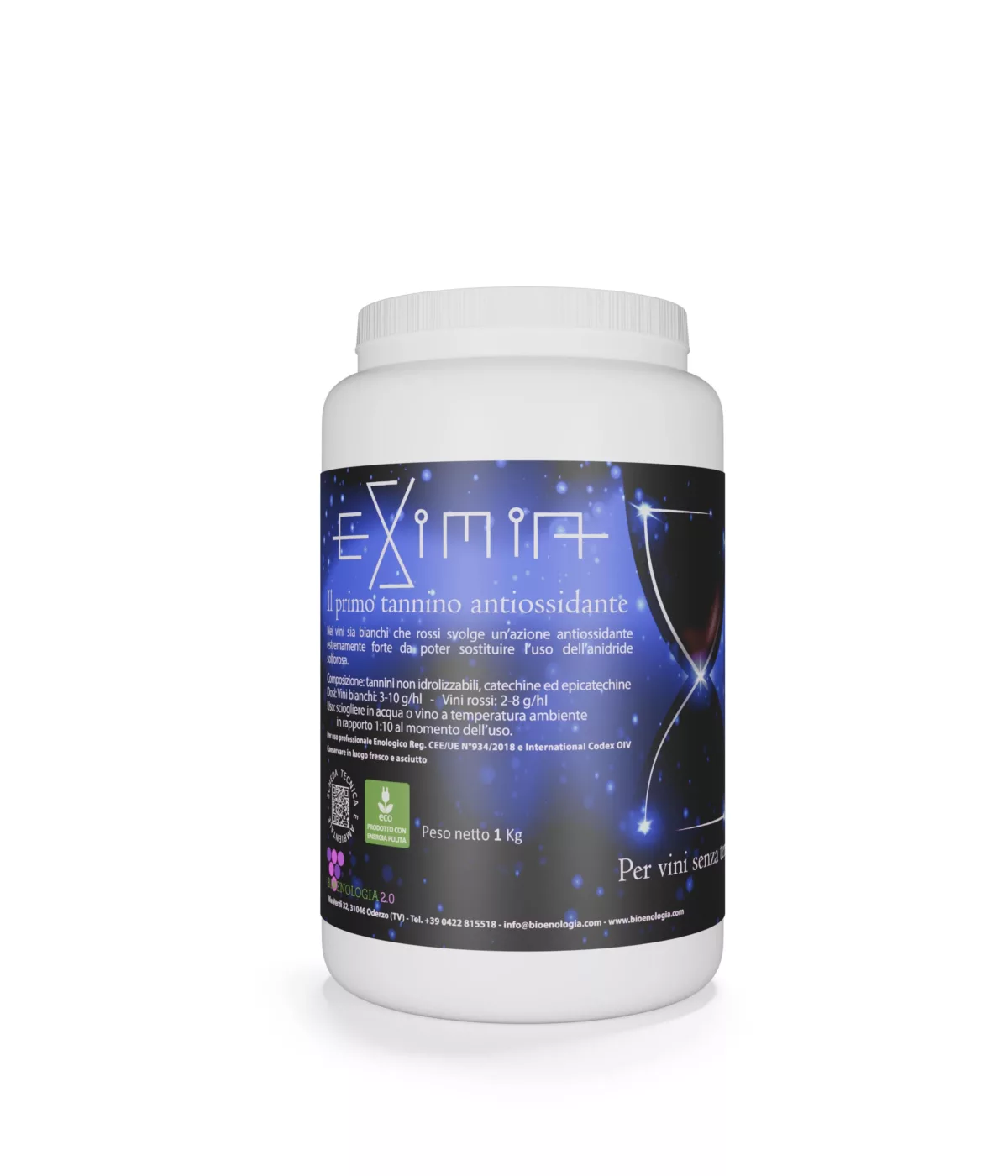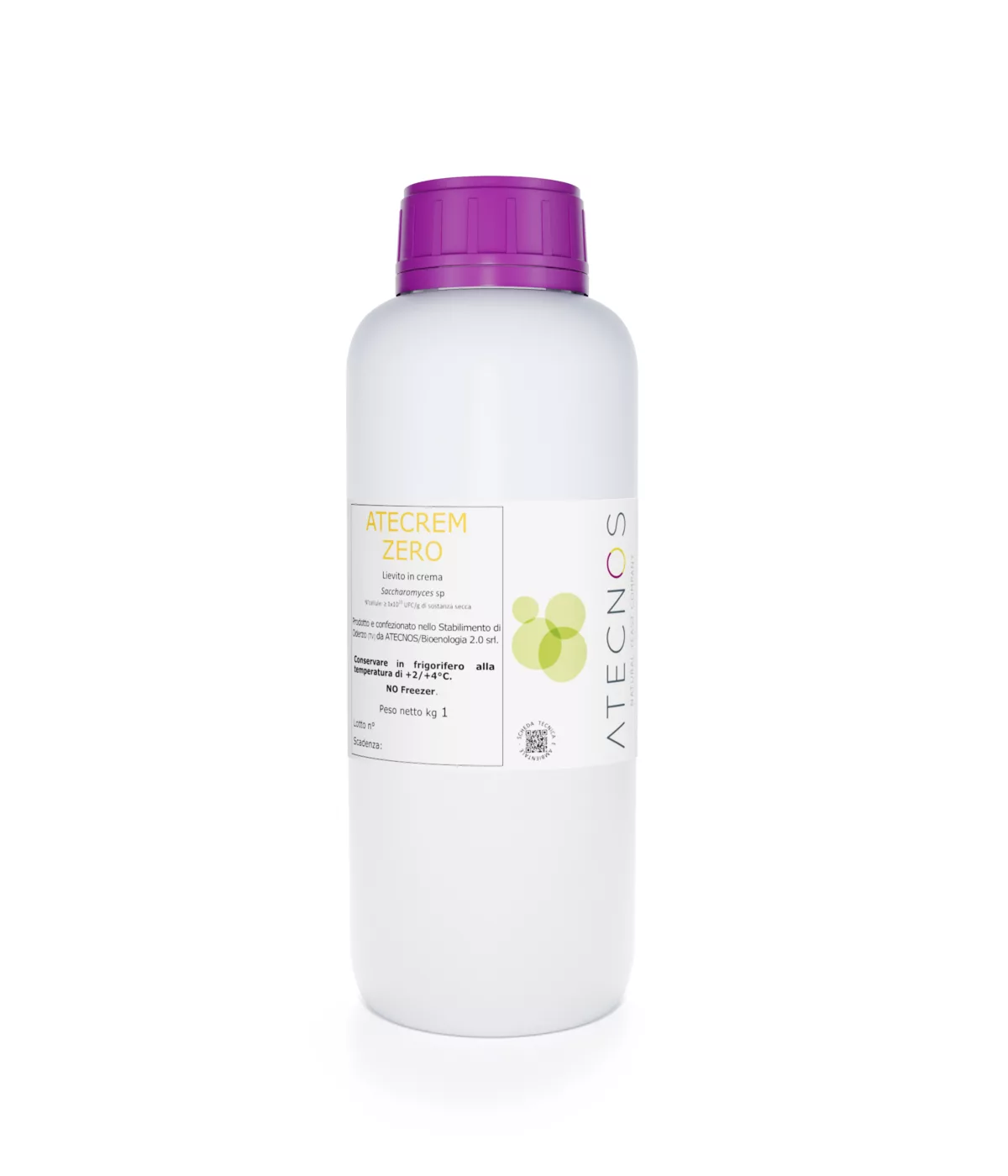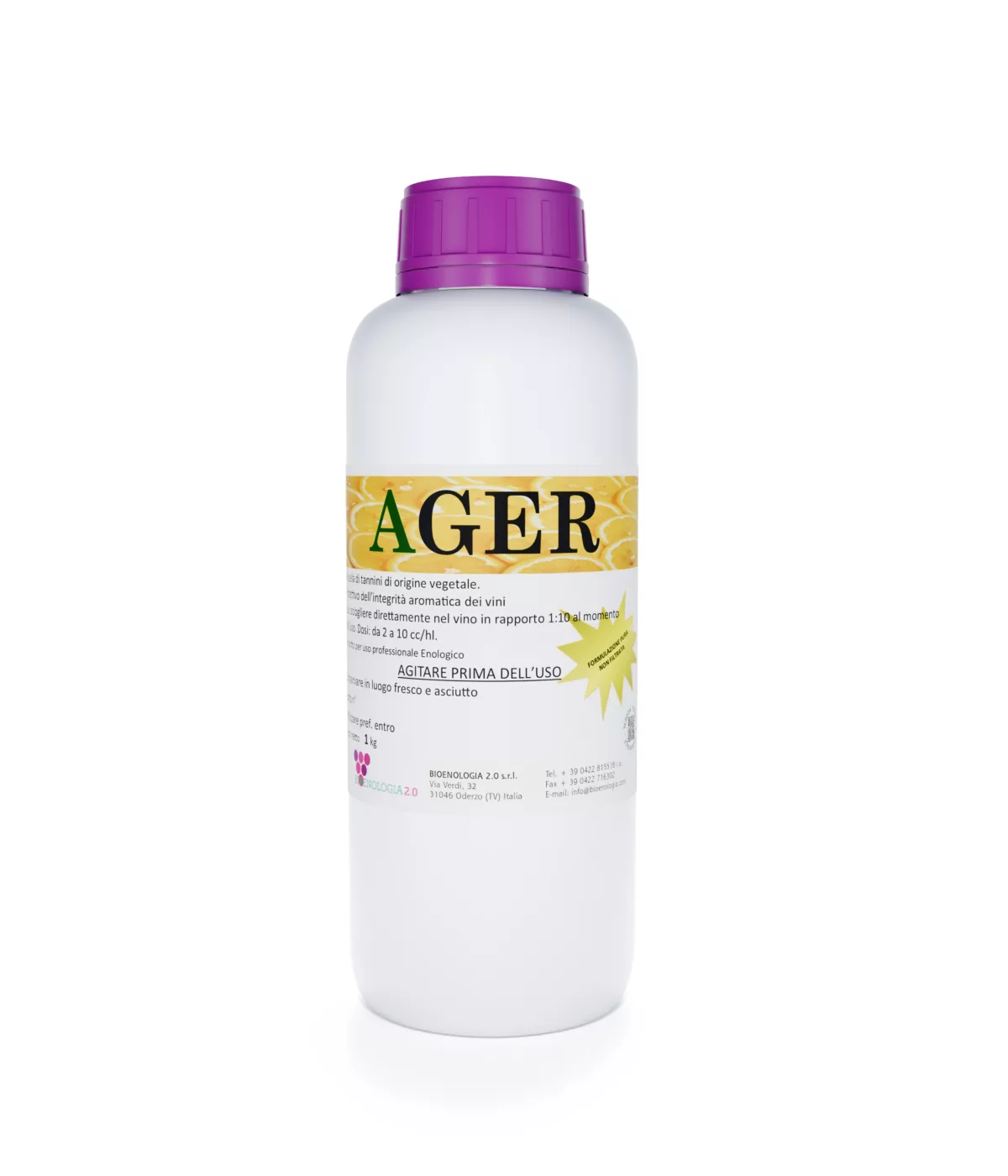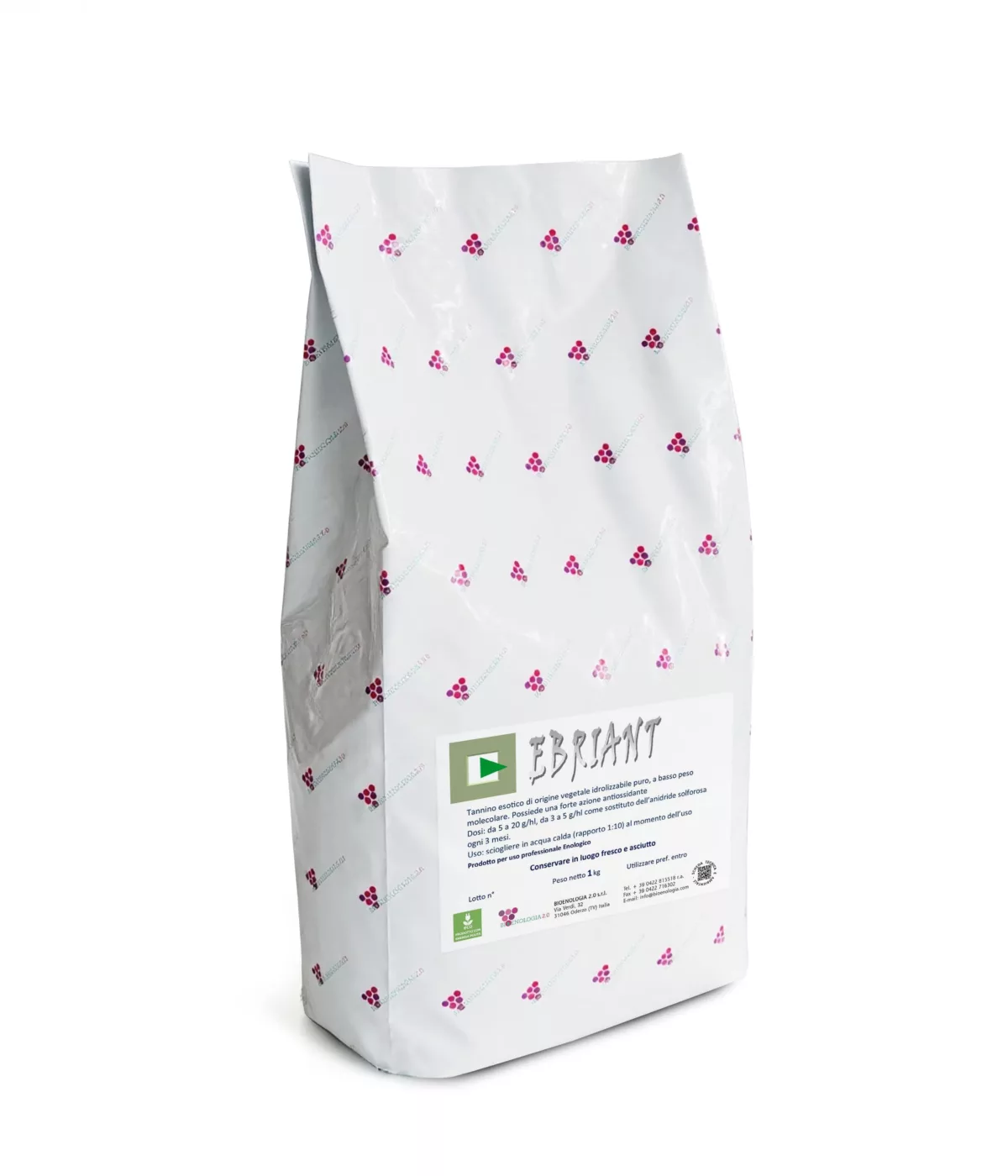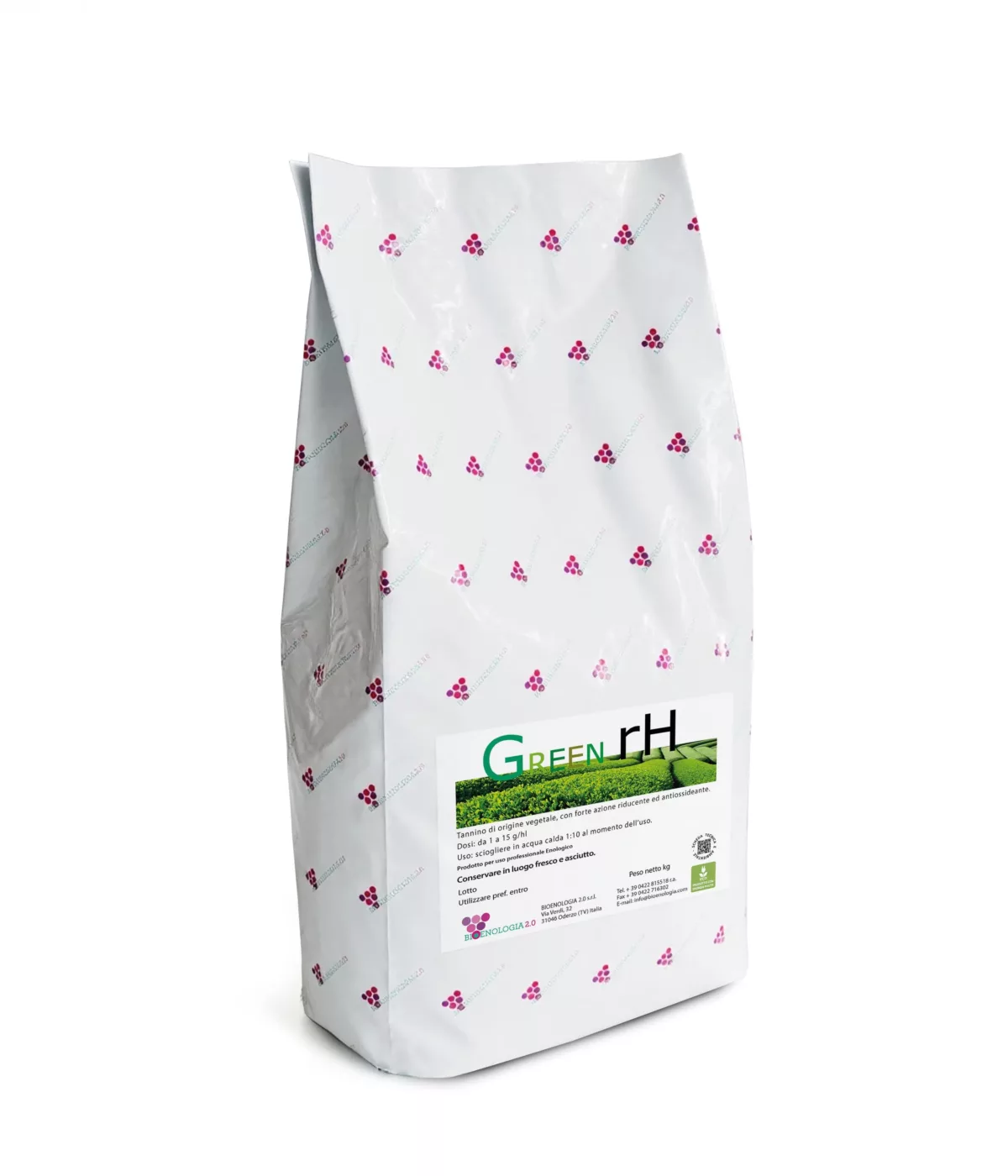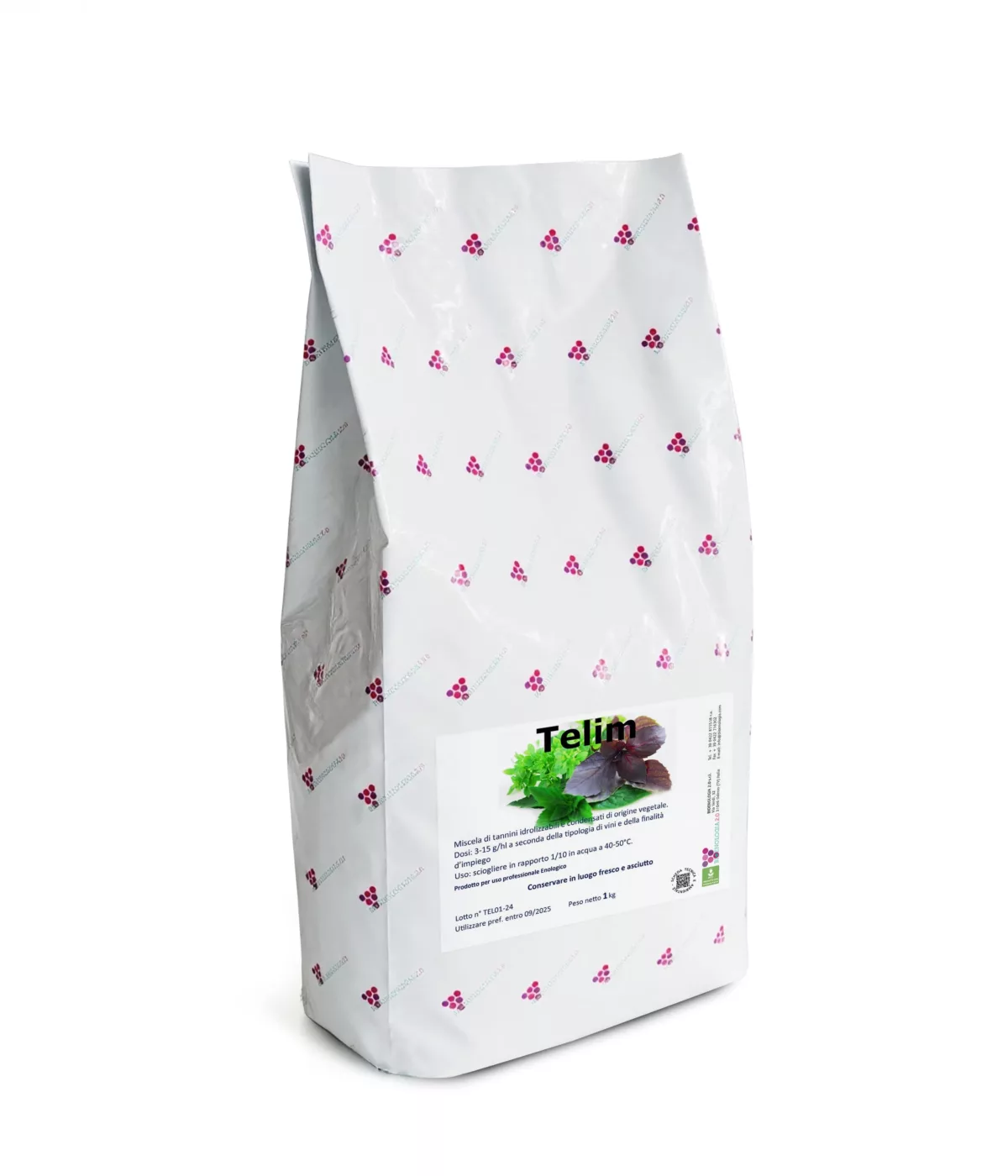Oxidation Control
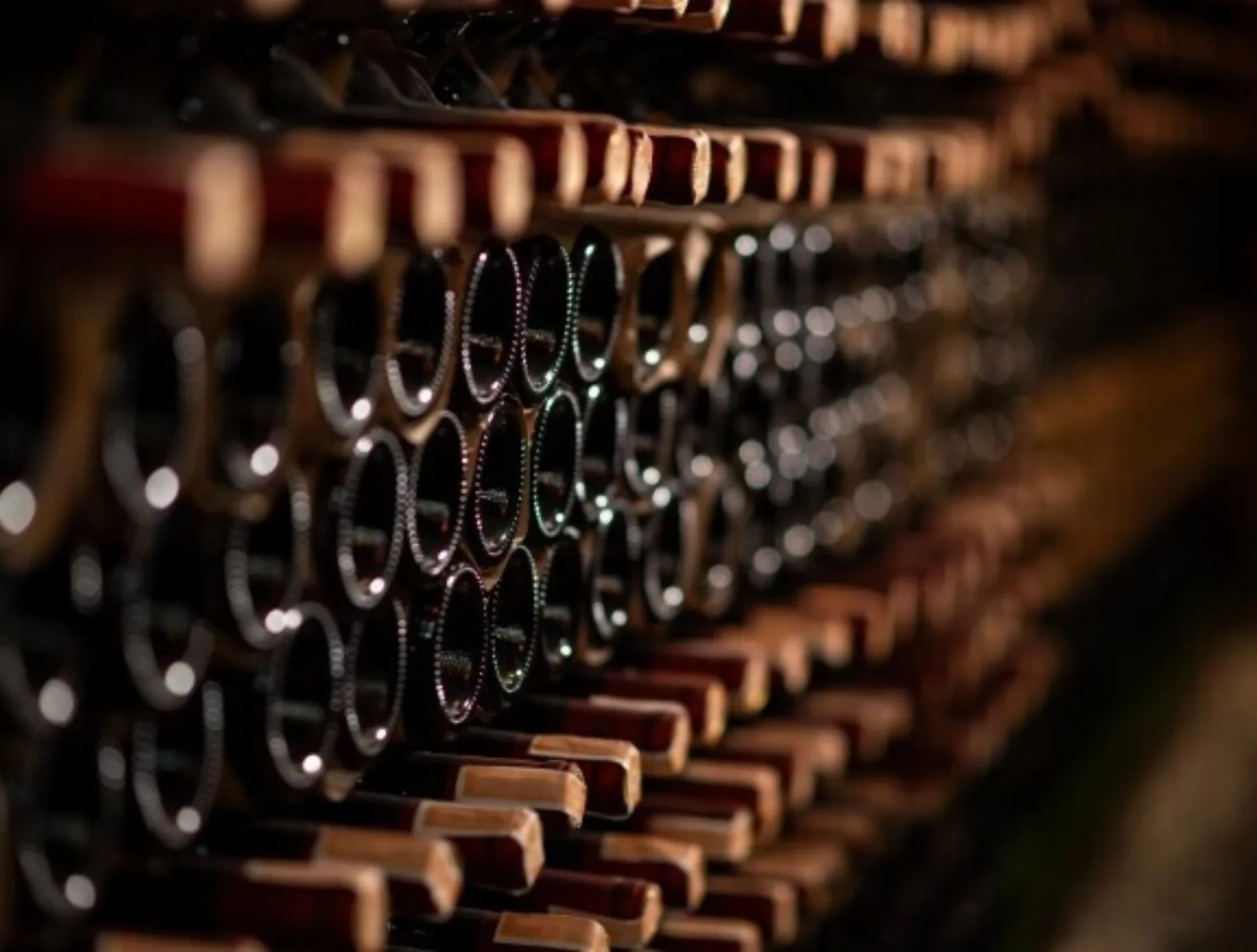
Many winemakers are interested in extending the shelf-lives of their products. Each phase of production needs to be considered, from vinification to pre-bottling and bottling itself.
Catalytic metals (such as aluminium) can accelerate oxidation, and – together with certain harmful chemical reactions – can have a significant and pronounced impact on the final product’s organoleptic properties, potentially depriving a wine of its distinctive characteristics and leaving it tasting old. To avoid these problems, it is best to reduce the wine’s exposure to the air during the bottling or packaging process.
The Polo Laboratory has been working since 1995 to develop a method for calculating the precise quantity of additional sulphur dioxide required to ensure constant levels of free sulphur during the winemaking process.
They have also identified a number of plant extracts that help extend the shelf-life of a wine (Eximia), with Probios and Lysopol offering a sufficient solution in around 80% of cases. In more difficult cases, these can be combined with the super tannins: Eximia, Telim, Ager, Ebriant and Green rH.
Use these products for
effective oxidation management
